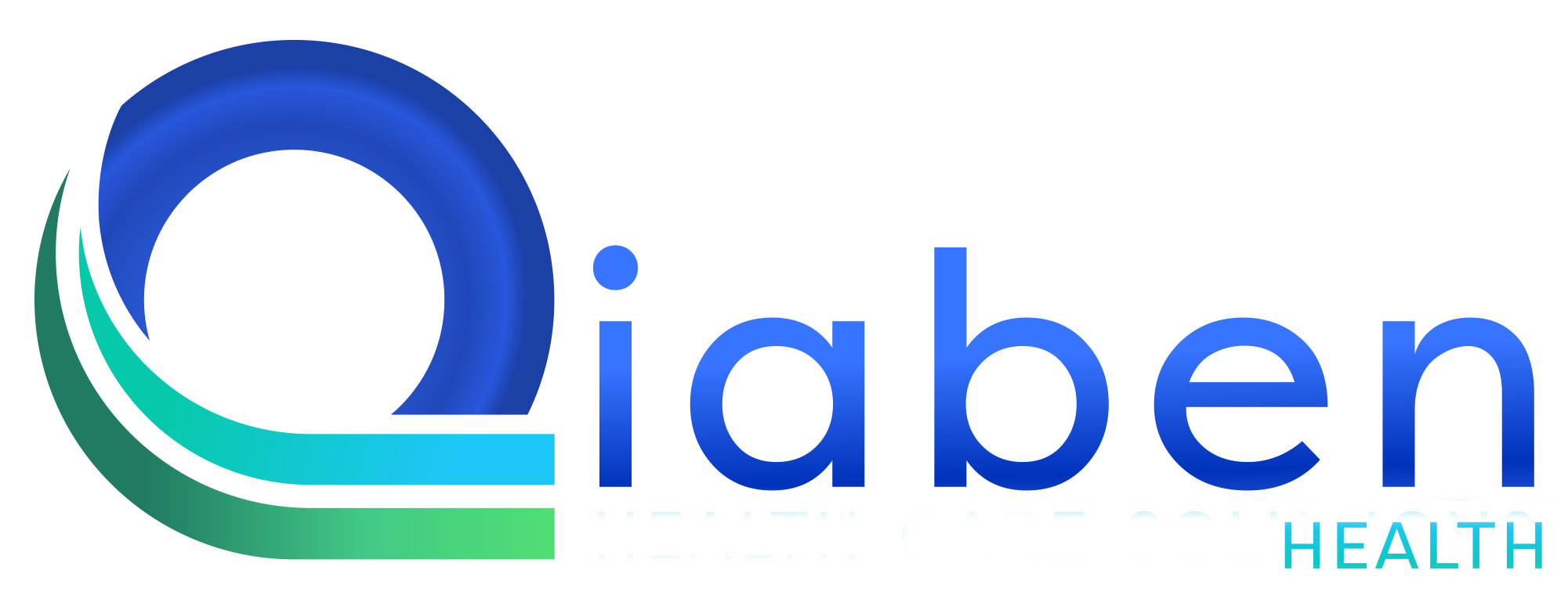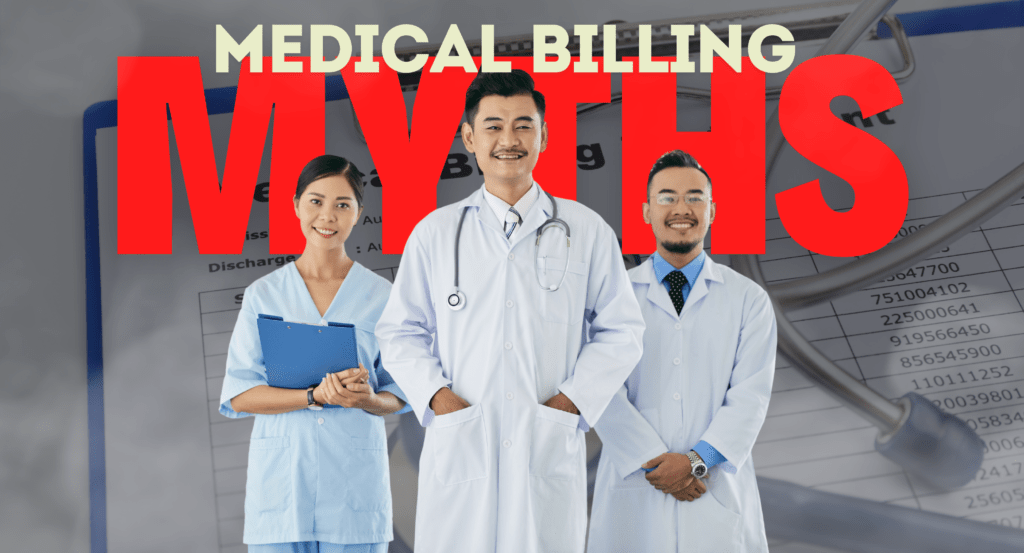Debunking myths about medical billing
Medical billing is a complex process that often becomes a source of confusion and misunderstanding for both healthcare providers and patients. Myths and misconceptions about medical billing can lead to unnecessary stress and complications. This blog will help clarify the most common myths, explain the realities of medical and dental billing services, and offer insight into how accurate patient billing and insurance verification work.
The Importance of Understanding Medical Billing
Before diving into the myths, it’s crucial to understand why accurate medical billing is vital. Proper billing ensures that healthcare providers are paid for their services, and patients are not overcharged. It involves a detailed process of translating medical services into standardized codes, verifying insurance, and following up on claims to ensure timely payment.
Common Myths About Medical Billing

Myth 1: Medical Billing is Just Data Entry
Many people believe that medical billing is merely data entry, where you input a few codes and send them off to the insurance company. In reality, medical billing is much more complex. It involves understanding various insurance policies, coding regulations, and compliance requirements. Accurate medical billing requires specialized knowledge and experience to avoid costly errors that can lead to claim denials.
Myth 2: All Insurance Companies Process Claims the Same Way
Another common misconception is that all insurance companies handle claims similarly. However, each insurer has its own set of rules, deadlines, and procedures for processing claims. This is why insurance verification is so important. Verifying a patient’s insurance coverage before providing services ensures that the claims process goes smoothly, reducing the risk of denied or delayed payments.
Myth 3: Patient Billing is Always Accurate
Patients often assume that the bills they receive are accurate. However, mistakes in patient billing are not uncommon. These errors can occur due to incorrect coding, miscommunication between the healthcare provider and the billing department, or discrepancies in the insurance information. It’s essential for patients to review their bills carefully and contact their provider if something seems off.
Myth 4: Medical and Dental Billing Services are the Same
While both medical and dental billing services involve coding and submitting claims, they are not the same. Medical billing is often more complex due to the variety of services, treatments, and procedures covered under medical insurance. Dental billing, on the other hand, involves different coding systems and insurance policies. Partnering with specialized medical and dental billing services ensures that your billing is handled accurately, whether it’s for medical or dental care.
The Reality of Medical Billing
To further dispel the myths, let’s take a closer look at what really happens in the medical billing process:
- Detailed Record-Keeping: Medical billing requires meticulous record-keeping to ensure that every service provided is accurately coded and billed. This involves constant communication with healthcare providers to ensure that the correct information is captured.
- Insurance Verification: Before a patient receives services, the billing department must verify their insurance coverage. This step ensures that the patient’s insurance will cover the services provided, reducing the risk of claim denials and surprise out-of-pocket expenses for the patient.
- Compliance with Regulations: Medical billing must comply with various regulations, including those set by HIPAA and CMS. These regulations ensure patient privacy and the accurate processing of claims, making compliance a critical component of medical billing.
Why Partnering with Professional Medical Billing Services Matters
Given the complexities and regulatory requirements, partnering with a professional medical billing service like Qiaben Health can be a game-changer for healthcare providers. Here’s why:
- Expertise in Medical and Dental Billing: Professional billing services have the experience and knowledge to navigate the intricacies of both medical and dental billing. They understand the nuances of different insurance providers and can ensure that claims are submitted accurately and promptly.
- Improved Cash Flow: By outsourcing medical billing to a professional service, healthcare providers can focus on patient care while ensuring a steady cash flow.
Professional billers are skilled in follow-ups and claim management, reducing the likelihood of delayed payments. - Reduced Errors: Billing errors can be costly and time-consuming to correct. A professional billing service has the checks and balances in place to minimize errors, ensuring that claims are submitted correctly the first time.
Common Questions About AI in Medical and Dental Billing
What is the difference between medical billing and medical coding?
Why is insurance verification important in medical billing?
How can I avoid errors in patient billing?
Are medical and dental billing services interchangeable?
Medical billing is an essential but often misunderstood component of the healthcare system. By debunking these common myths, it’s clear that medical billing is far more complex and critical than many realize. Accurate billing, proper insurance verification, and understanding the differences between medical and dental billing services can significantly impact the financial health of both healthcare providers and patients.
Whether you are a healthcare provider or a patient, understanding the realities of medical billing can help you navigate the process more effectively. Consider partnering with Qiaben Health to ensure that your billing is handled professionally, accurately, and in compliance with all regulations.https://qiaben.com
What Is OpenEMR? Benefits, Features & Setup Guide for Healthcare Practices
What Is Open EMR? Practicing medicine means juggling patient charts, schedules, medications, billing, and strict healthcare guidelines. Wouldn’t it be great to have a tool

Unlocking the Secrets of Dental Billing: Simplify, Save, and Succeed
At first, dental billing can be overpowering and difficult. If we understand the proper tactics and knowledge about billing, it seems more flexible to work on that.

Empower Growth with Trusted Physician Credentialing Service
In today’s fast-paced healthcare environment, efficiency and compliance are key to success. One essential process that often goes unnoticed but holds massive importance is physician

Transform Your Medical Practice with Qiaben’s OpenEMR Billing Expertise
INTRODUCTION Healthcare operations in the modern era demand complete accuracy and operational efficiency to succeed. Healthcare facilities throughout the United States adopt modern open-source systems

How to Customize OpenEMR for Your Specialty (Dental, Dermatology, etc.)
Introduction system Specific OpenEMR settings for dental and dermatology help medical practices work more effectively while caring for patients better. With hands-on OpenEMR expertise Qiaben

Exploring OpenEMR’s Core Features: What You Need to Know 2025
Introduction OpenEMR has built a strong reputation as one of the most reliable and widespread open-source electronic medical record systems available today. With its long







